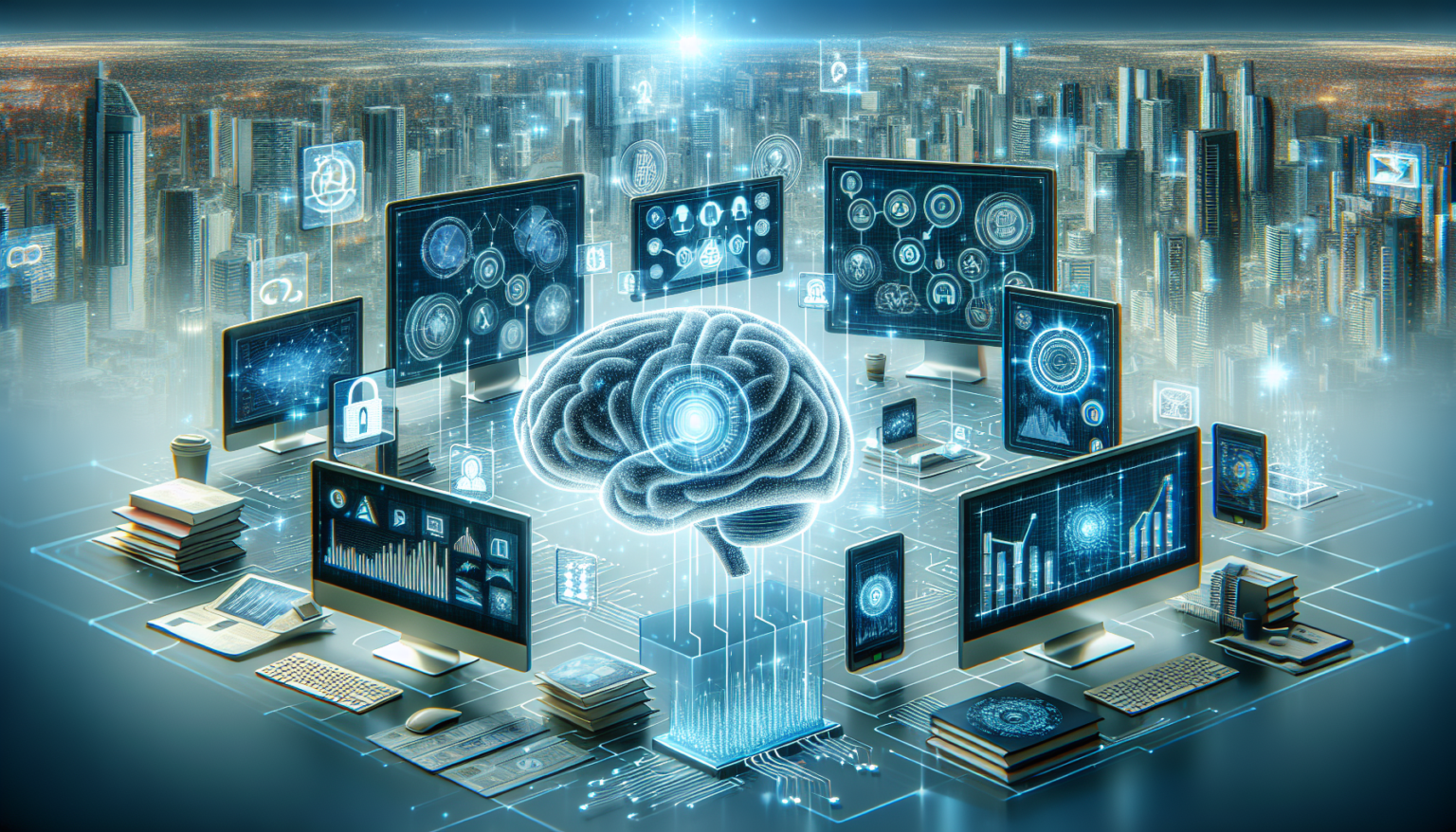The Evolution of Smart Contracts
What Are Smart Contracts?
Smart contracts are self-executing contracts with the terms of the agreement directly written into code. They reside on blockchain networks, allowing them to be immutable, transparent, and secure. The essence of a smart contract is its ability to execute automatically when predefined conditions are met, which reduces the need for intermediaries and enhances trust between parties.
The Current Capabilities of Smart Contracts
Today, smart contracts have found applications across various sectors, including finance, real estate, supply chain, and gaming. Their ability to automate processes and ensure compliance without human intervention is transforming traditional business dynamics. However, while they provide enhanced security and operational efficiency, the current capabilities of smart contracts still have limitations.
Challenges in Current Smart Contract Systems
One of the prevalent challenges is scalability. As transaction volume increases on blockchain networks, smart contracts can slow down due to network congestion. Additionally, they are vulnerable to bugs and vulnerabilities within the code, which can lead to financial losses. Moreover, legal recognition and regulatory hurdles can impede the widespread adoption of smart contracts.
The Role of Artificial Intelligence in Smart Contracts
AI and Smart Contracts: A Natural Synergy
Integrating Artificial Intelligence (AI) with smart contracts can address many of the challenges currently faced. AI is inherently adept at processing vast amounts of data, learning patterns, and making data-driven decisions. This opens new avenues for enhancing the functionality and efficiency of smart contracts.
Improved Decision Making
AI can help in analyzing complex datasets to inform the decision-making process within smart contracts. This can lead to more granular conditions and outcomes, enabling contracts to adapt to real-time data inputs. For instance, a smart contract governing a logistics operation could adjust terms based on real-world factors like weather conditions or delays without requiring manual intervention.
Enhanced Security and Fraud Detection
AI-driven algorithms can continuously monitor transactions for irregularities, improving security significantly. By identifying patterns associated with fraud or unexpected behaviors, AI can trigger automatic audits or alerts. This capability not only secures smart contracts but also builds greater trust among users.
Automated Compliance and Regulatory Monitoring
The regulatory landscape is often a moving target, especially in emerging industries like cryptocurrency and blockchain. AI can facilitate better compliance by automatically adjusting smart contract terms according to the latest regulations. By analyzing legislative changes in real time, smart contracts can evolve, thereby reducing legal risks for businesses.
Dynamic Contract Terms
With AI, smart contracts can exhibit dynamic behaviors. For example, insurance contracts could adapt terms or pricing based on data regarding customer behavior or risk assessments, making them more personalized and efficient. This capability shifts the paradigm from static contracts to more fluid agreements that can evolve with changing conditions.
Potential Use Cases of AI-Enhanced Smart Contracts
Healthcare Industry
In the healthcare sector, AI-enhanced smart contracts can enable better patient outcomes. For example, contracts could automate insurance claims processing, ensuring that claims are paid only when specific conditions—such as a patient receiving treatment—are met. AI can assist in verifying eligibility, patient records, and compliance with healthcare regulations.
Drug Supply Chain Management
The pharmaceutical supply chain is often fraught with issues like counterfeiting and inefficiencies. AI-enhanced smart contracts can automate tracking and verification of drug shipments, ensuring authenticity and compliance at every stage of the supply chain. This ability substantially reduces fraud and enhances the overall efficiency of the distribution process.
Real Estate Transactions
AI’s impact on smart contracts can also be significant in real estate. By automating the entire transaction process—such as title transfers, payment escrow, and even contract fulfillment—these contracts could streamline buying and selling properties. AI could help assess property values based on market trends, thereby making pricing more transparent and fair.
Fractional Ownership Models
Imagine owning a fraction of multiple properties through an AI-enhanced smart contract. This would allow individuals to invest in real estate markets that were previously inaccessible to them. The smart contract could dynamically adjust ownership shares and manage dividends automatically based on property performance—all using real-time data analysis.
Financial Services
The financial services industry can benefit enormously from AI-enhanced smart contracts. Automated trading, for instance, could leverage AI to analyze market trends and execute trades based on predefined conditions, thus optimizing investment portfolios with minimal human intervention.
Peer-to-Peer Lending Platforms
AI-enabled smart contracts in peer-to-peer lending could analyze borrower profiles, credit scores, and repayment histories effectively. This would facilitate more accurate risk assessments, resulting in personalized loan offerings with competitive interest rates based on borrower risk profiles.
Envisioning the Future: Challenges and Points of Consideration
Ethical Implications of AI in Smart Contracts
As with any integration of AI, ethical considerations must be weighed. The reliance on algorithms raises questions about bias, accountability, and transparency. If an AI-enhanced smart contract makes a decision based on biased data, is it ethically accountable? Society will need to navigate these waters and build frameworks to ensure fairness in AI systems.
Technological Integration and Compatibility
Another future challenge lies in the technical integration of AI with existing blockchain systems. Different blockchains operate on varied protocols, and aligning the functionality of AI across these systems may require interoperability solutions that are not yet established.
Sustainability Concerns
Finally, sustainability issues related to energy consumption for both blockchain and AI technologies must be addressed. As the world moves toward greener technologies, smart contracts need to evolve in ways that minimize environmental impact while still delivering the advantages that AI can provide.
Conclusion
As we look ahead, the evolution of smart contracts, enhanced by Artificial Intelligence, has the potential to revolutionize industries and reshape how we engage in transactions. The integration offers myriad benefits, including improved security, dynamic adaptability, and enhanced efficiency, but also comes with its challenges.
The future holds promises and complexities that must be carefully managed as we leverage these groundbreaking technologies for a more automated and interconnected world.









